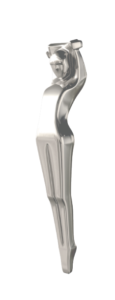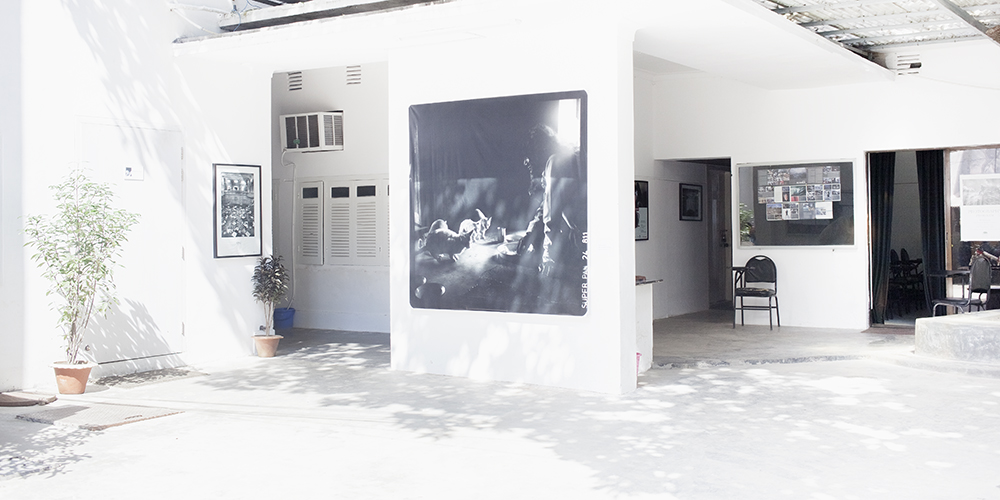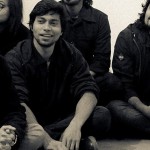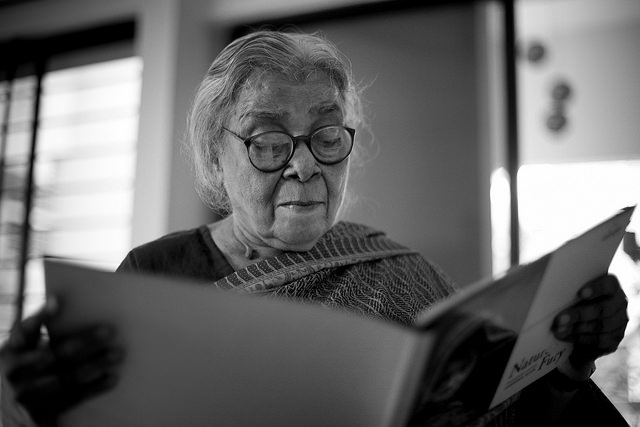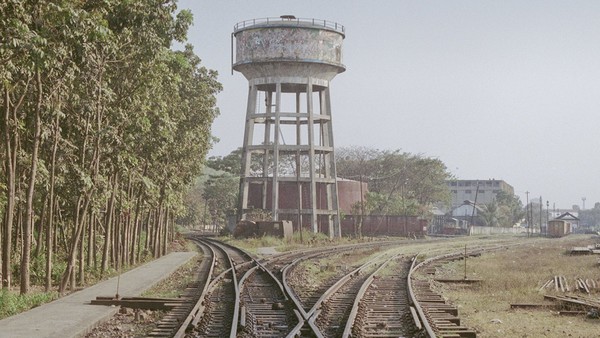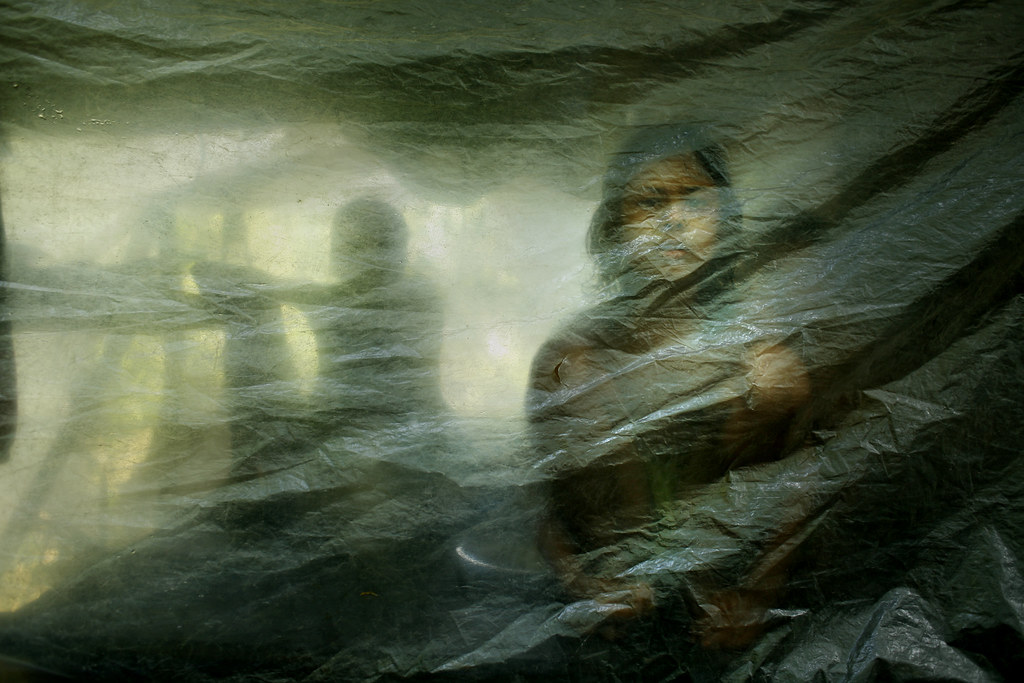CALL FOR ENTRY
Chobi Mela X
International Festival of Photography, 2019
PLACE
No heaven, no hell, no ever after, do I care for when I’m gone
Peace here I seek, in this sand and soil, this place where I was born
As oceans deep, as deserts wide, as forests and fences loom
As children die, as lovers sigh, no cross, no epitaph, no tomb
As bullets whiz by, as shrapnel shard, as hate pours from above
As blue skies curse, the wounded I nurse, as spite replaces love
It is home I long, as I boundaries cross, a shelter that I seek
A world for us all, white brown short tall, the boisterous and the meek
If my bosom is raised, or my beard is long, or I sleep with the ‘wrong’ kind
If my politics isn’t yours, nor my country of birth, a terrorist you will find
You return my boat to the cruel sea, back to the wars you wrought
Walls you will raise, to keep me at bay, my children in danger fraught
I love the land I was born in, the tree that gave me shade
My broken home, my shattered dreams, slain lover that goodbye bade
My slanted eyes, my dread lock hair, my tongue though strange may be
I bleed red blood, as flows in your vein, Is there a place in your heart for me?
-Shahidul Alam |
